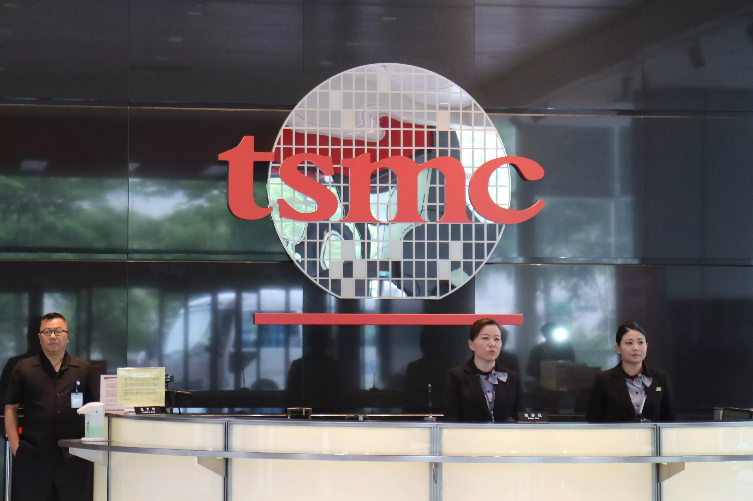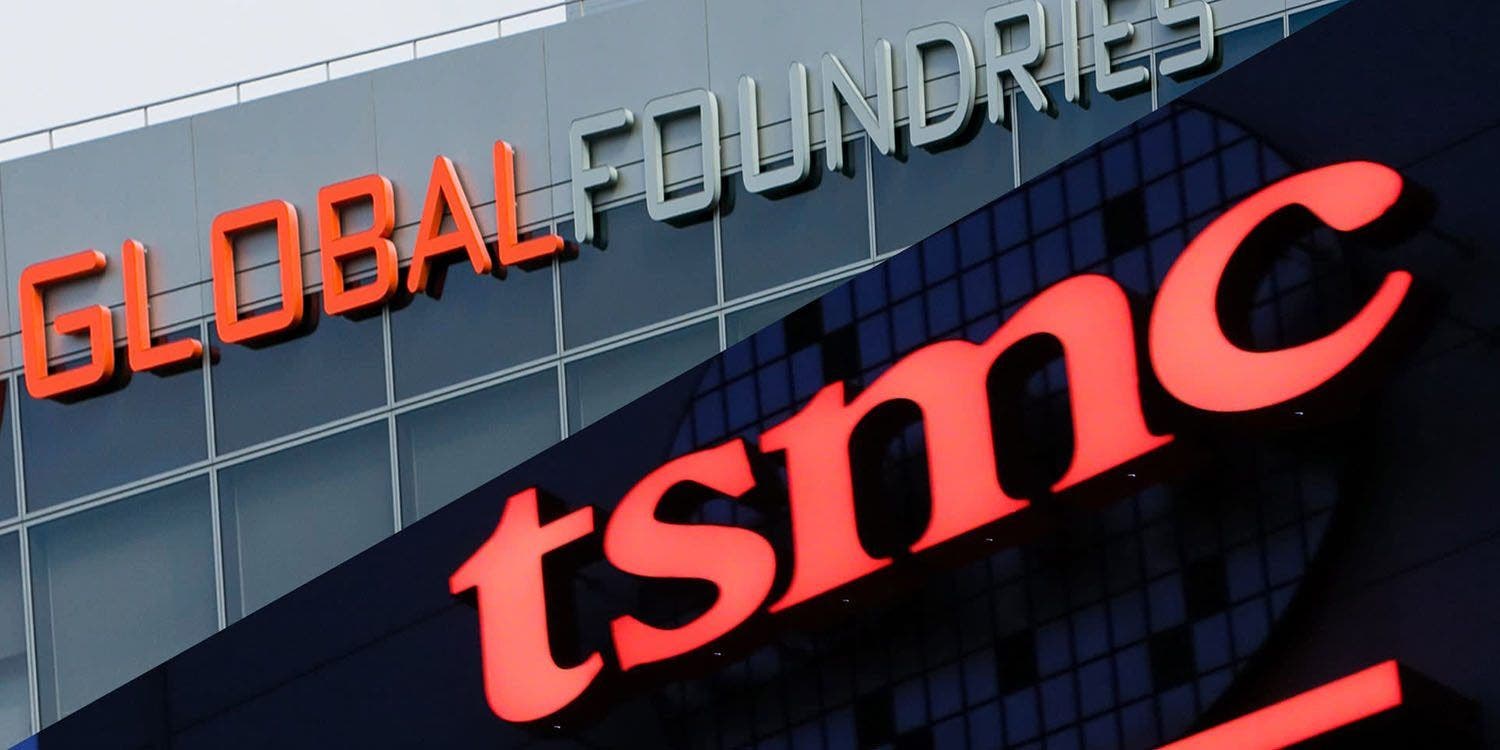Due to recent sanctions from the US government, Huawei is facing a crisis. US companies have an edge in semiconductors and software technology thus it is difficult for companies all over the world to completely get rid of US supply. For Huawei, although they have prepared 6-12 months of stocking on key components, Huawei has developed various chips for itself in the long run. Now, TSMC has made a statement regarding its supply of chips to Huawei.

Huawei does not produce chips, its chips are entrusted to wafer foundries such as TSMC. In this regard, Huawei’s 16nm, 12nm, and 7nm chips are all from TSMC. Will TSMC stop supplying Huawei because of the US ban? Today, TSMC officially issued an announcement on the matter. After a preliminary evaluation, TSMC believes that it meets the export control regulations so it will not stop the supply plan for Huawei. This means that TSMC will provide Huawei’s foundry Kirin 980 with security improvements in the second half of the year. The upcoming Kirin 985 processor will not be affected.
As a fabless semiconductor company, Huawei has two major problem – one is ARM license, and the other is ARM chip manufacturing. In terms of licensing, Huawei not only has its own Hisilicon Kirin and other processors, but also has a permanent license for the ARMv8 architecture, which means that even if ARM does not provide instruction set authorization to Huawei in accordance with US requirements, it will not affect Huawei’s own research and development of ARMv8 processors, because Huawei can design independently since it has a permanent authorization.
However, TSMC is also very cautious, and it will continue to observe and evaluate the follow-up development so this may change in the future. In the global semiconductor manufacturing industry, the main masters of advanced technology are Intel, Samsung, TSMC, Globalfoundries, Groen, and UMC. In order to completely solve the chip supply problem, Huawei may have to rely on the Chinese supply chain, but the most advanced foundry technology in China is 28nm. SMIC’s 14nm and improved 12nm process technology can be used, but it is in its introductory stages and still has a long way to go.





